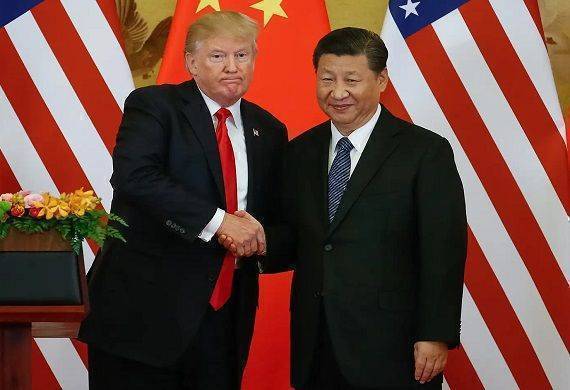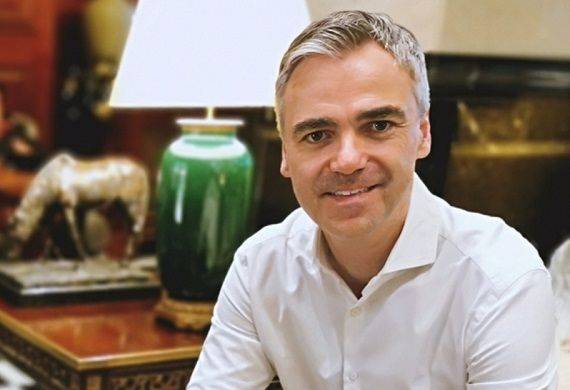Trump & Xi Jinping Meet in Busan Amid Trade, Nuclear Tensions
By Global Leaders Insights Team | Oct 30, 2025

In a high-stakes diplomatic dance, U.S. President Donald Trump and Chinese President Xi Jinping have begun their first face-to-face meeting since Trump's White House return, shaking hands on a red carpet beneath the stars-and-stripes and China's five-starred flag.
The encounter, unfolding in Busan ahead of the APEC Summit in nearby Gyeongju, is poised to either defuse or ignite the simmering U.S.-China trade war that's rattled global markets.
As leaders from 21 Pacific Rim nations converge for the Asia-Pacific Economic Cooperation (APEC) forum—marking its 35th year—the spotlight remains firmly on the "G2" powers.
Trump, en route on Air Force One, hinted at concessions, telling reporters he might slash tariffs linked to China's alleged role in fentanyl flows.
- Trump and Xi meet in Busan as trade and nuclear tensions dominate APEC
- APEC spotlight: Trump–Xi talks test U.S.-China ties amid tariff, nuke strains
- Trump, Xi hold tense Busan summit on trade war, rare earths, and nuclear tests
"The relationship with China is very good," he quipped, while posting on Truth Social that the duo represents the world's economic heavyweights. U.S. officials have signaled no immediate pursuit of Trump's threatened 100% import tax on Chinese goods, and Beijing has floated easing rare earth export curbs alongside resumed U.S. soybean buys.
Yet, the mood soured hours earlier when Trump announced via social media that he's ordered the Department of War to resume nuclear weapons testing "on an equal basis" with rivals like Russia and a fast-closing China. "I HATED to do it, but had no choice!" Trump wrote, citing his first-term arsenal upgrades. The provocative move, just before huddling with Xi, underscores the thorny blend of economic haggling and security brinkmanship dominating talks.
Host South Korea, under President Lee Jae Myung's first APEC chairmanship since 2005, treads a razor's edge. Seoul envisions itself as a "middle power" mediator, but experts like Professor Park Won Gon of Ewha Womans University warn APEC's free-trade ethos—once championed by Washington—is fraying under Trump's protectionism and Xi's state-driven model. "The U.S. drove APEC's creation under rules-based order; now its stance has flipped," Park noted.
Also Read: Myanmar Junta Plans 2nd Election Phase Amid Skepticism
APEC's broader agenda tackles AI governance, aging populations, and labor shortages, with tech-savvy Korea pushing ethical AI standards. But Foreign Minister Cho Hyun tempered hopes for breakthroughs, predicting a vague communique on "peace and prosperity" over bold trade pacts. Analyst Ban Kil Joo of the National Diplomatic Academy remains cautiously optimistic: "They wouldn’t meet if progress wasn’t on the table."
.jpg)



